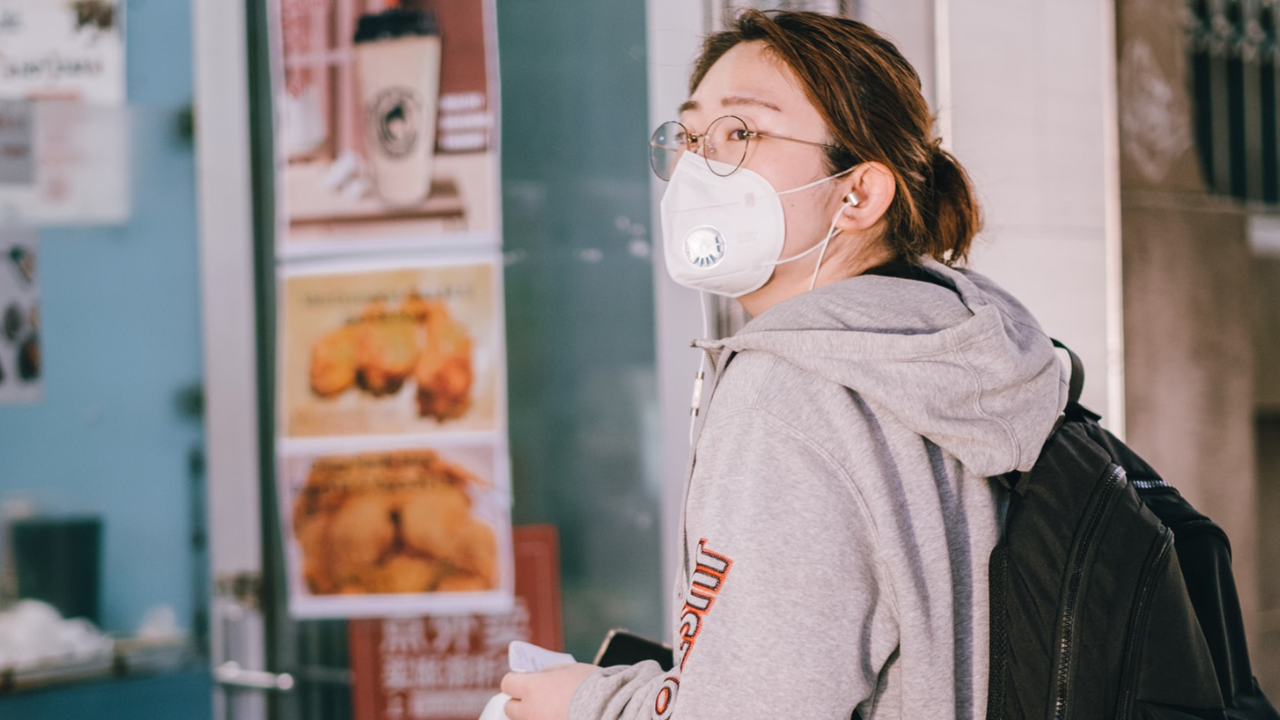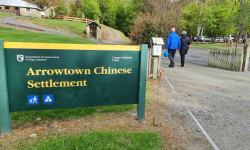
It’s not long ago we had never heard of COVID-19; now the lives of most of the world’s population have been affected by it in some way or another. We asked a Tranzsend member from each of our fields to tell us a little about what life in lockdown was like for them.
Jo and Charlie work in South Asia
We have been confined to our home with five housemates, venturing out only for food and medicine. It’s been an interesting few weeks. Foreigners were initially blamed for bringing the virus to the city, and were shouted and hissed at, but this has now stopped.
Outside, we’ve noticed the streets are significantly quieter, although a number of people are still out and about, some gathering in small groups to chat. Social distancing at the market is not really being practised, but there has been a police presence lately.
At home, our daily lockdown routine includes house exercises in the morning, followed by a 10‑minute well-being meeting where we check in with each other. These have helped with house tensions and created a sense of community.
Once the lockdown is over and our staff can safely return to work, stringent safety measures will need to be put in place. In this city, a virus like COVID-19 can spread like wildfire, and we must take every precaution, especially for those who are most vulnerable.
Ro and her family work in South-East Asia
In March, morning temperature checks began at the boys’ school and at stores we frequent—COVID-19 was becoming a reality in our part of the world. Overnight, foreigners were no longer mere curiosities—we were now given suspicious glances by passers-by. Things were changing daily and we worked hard to keep up with developing government restrictions.
We moved quickly to provide relief parcels, including thermometers, to families in our Keeping Families Together project, and then, once groups of people were no longer able to meet, to local pastors. Then, as a staff team we watched, prayed and waited to see what opportunities to safely serve would arise.
It is likely that economic hardship will be the greatest impact in our area. Large numbers of people have returned from the capital city to be with family and it is yet to be seen if they can return to work as many businesses have closed, perhaps never to reopen. Many people are finding it difficult to source an income, creating huge stress for families in this area.
We are continuing to prayerfully consider how best we can walk alongside these families in a sustainable and life‑affirming way through the months and years ahead.
Peter works in East Asia
The epidemic arrived suddenly, on the eve of the region’s biggest festival. All activities and festivities were immediately cancelled, and we retreated indoors. As society ground to a halt, we eased into what would become weeks of indoor living.
When we began to re-emerge, life had become very complicated indeed. Fences and physical barriers made of fabric, tarpaulins, bamboo, piles of discarded rental bikes, roofing iron and construction barriers had been erected all over the city. Checkpoints, temperature checks and access passes became the new normal.
As the virus spread internationally, things became even more complicated, bringing some very unpredictable conditions for people from other countries, who lived locally.
Personally, the extra time indoors gave me the push I needed to try something new, furthering my attempts at learning a local dialect. Through a language-learning website, I met with a local guy online, just to chat, using this dialect. Learning more has helped me navigate the complex environment here during the pandemic, and I hope it will help me in the future in building relationships amongst young people with disabilities and their families in this city.
Cindy and Ross work in South Asia
We just squeaked into the country before the chaos and went straight into quarantine. As our time of quarantine ended, lockdown began.
Nearly two months on, it sometimes feels that life consists of: get up, go cross-eyed at the computer, then go back to bed! We are grateful to have Murdina Barrett and the Czepanski family with us. We have lunch, do some exercise and read the Bible together. Our bubble is also a great help with the work. We are focused on completing the accounts and putting some input into our e-learning. Murdina is cleaning the office and sorting out files, while the Czepanskis are helping with accounts and digital stuff.
The Czepanskis also do our shopping, complete with protective face masks. At the markets, apart from people moving away, they have not experienced any ‘foreigner’ prejudice, but we know it exists. Superstition and fear go together to build some scary and unhelpful behaviours.
We try to be as sensible as we can, not going out and trying to maintain social distancing when people come in. We believe we should be here and we trust God to look after us. Things do not look good for many, however, as the economic crisis is going to be way worse than the virus. Perhaps it will be more difficult after lockdown? Who knows? One thing we are sure of—God is in this, working out things for good for those who love and trust him.
Please continue to pray for each of our Tranzsend staff and those they work among, especially during the time ahead when things will be hard for many.


